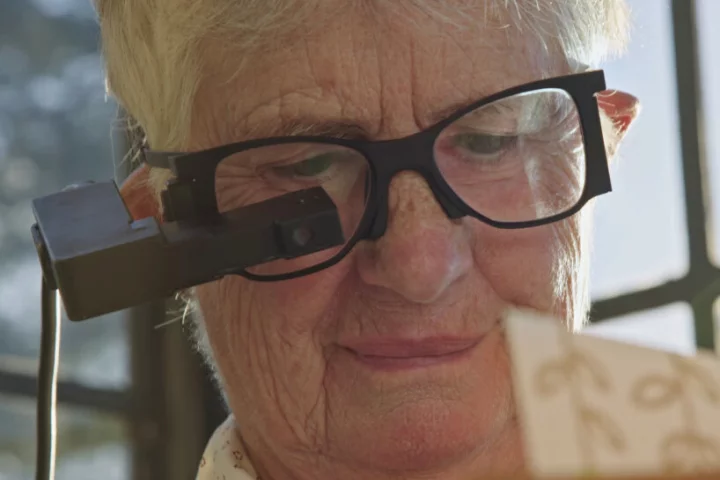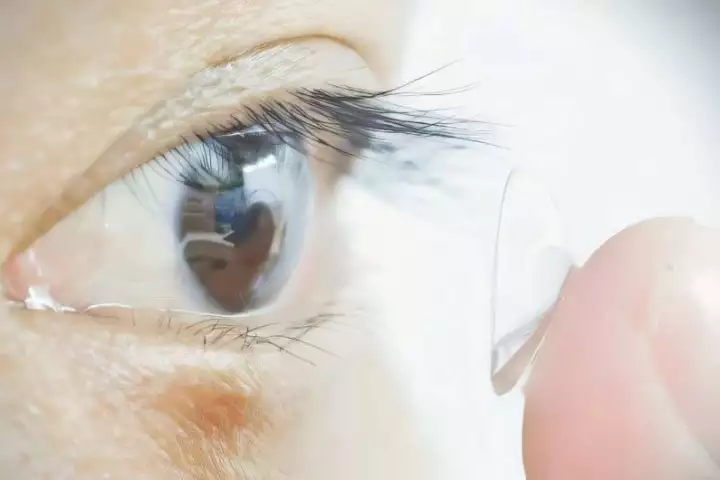Eye
-
The earliest ancestors of all backboned animals, including humans, may have viewed the world with four eyes, not just two, according to a new study. The remnants of those extra eyes persist deep in the human brain today as the pineal organ.
-
In the first study of its kind, neuroscientists have shown the real-world benefits that sunlight gives the brain, beyond laboratory experiments, linking brighter and more regular daytime light to better alertness and faster attention in everyday life.
-
A new study shows that briefly and reversibly anesthetizing the retina of the amblyopic eye for just a few days can restore the brain's visual responses to that eye, even in adults.
-
Georgia Tech takes vision for soft robots to the next level with PHySL, a biomimetic photo-responsive hydrogel soft lens that focuses using light alone. It does away with electronics, wires, bulk, and the dangers of breaking.
-
Stanford researchers and global collaborators have developed a wireless retinal implant called PRIMA that's helping people with untreatable eyesight loss see not just light, but actual shapes and patterns – what scientists call form vision.
-
In what could be an industry shifting breakthrough, researchers have created a screen about the size of a human pupil with a resolution that breaks through the limits of pixels. The invention could radically change virtual reality and other applications.
-
Forget carrots. Researchers have determined that one of the most common amino acids has the power to keep retinas thick and healthy. The finding has the potential to fight vision loss and blindness through this newly discovered metabolic pathway.
-
Although there already are "smart" contact lenses that monitor the eyes for signs of glaucoma, the devices are typically only worn when the patient is awake. A new type of contact lens, however, watches over the eyes throughout the night, too.
-
It certainly sounds like something from a new sci-fi series, but a power-free set of contact lenses impregnated with nanoparticles has proven successful in allowing humans to see what has previously been invisible – even when their eyes are closed.
-
Eye injuries that damage the cornea are usually irreversible and cause blindness. But a new clinical trial has repaired this damage in patients thanks to a transplant of stem cells from their healthy eyes.
-
Scientists in the UK have successfully used gene therapy to restore some vision to legally blind children with an inherited retinal condition. All 11 children in the clinical trial saw improvements within weeks of a single surgical treatment.
-
Not getting the optimal amount of sleep increases the risk of damage to small blood vessels in the eyes and kidneys of type 2 diabetics, new research has found. The findings suggest addressing this risk factor could prevent long-term complications.
Load More











